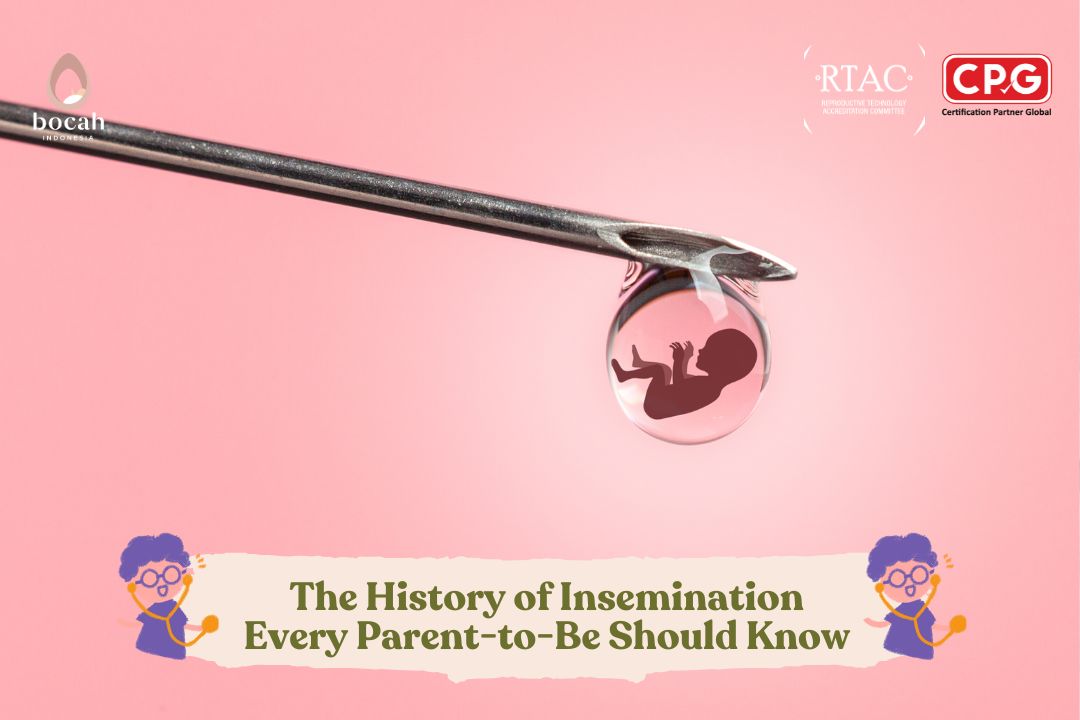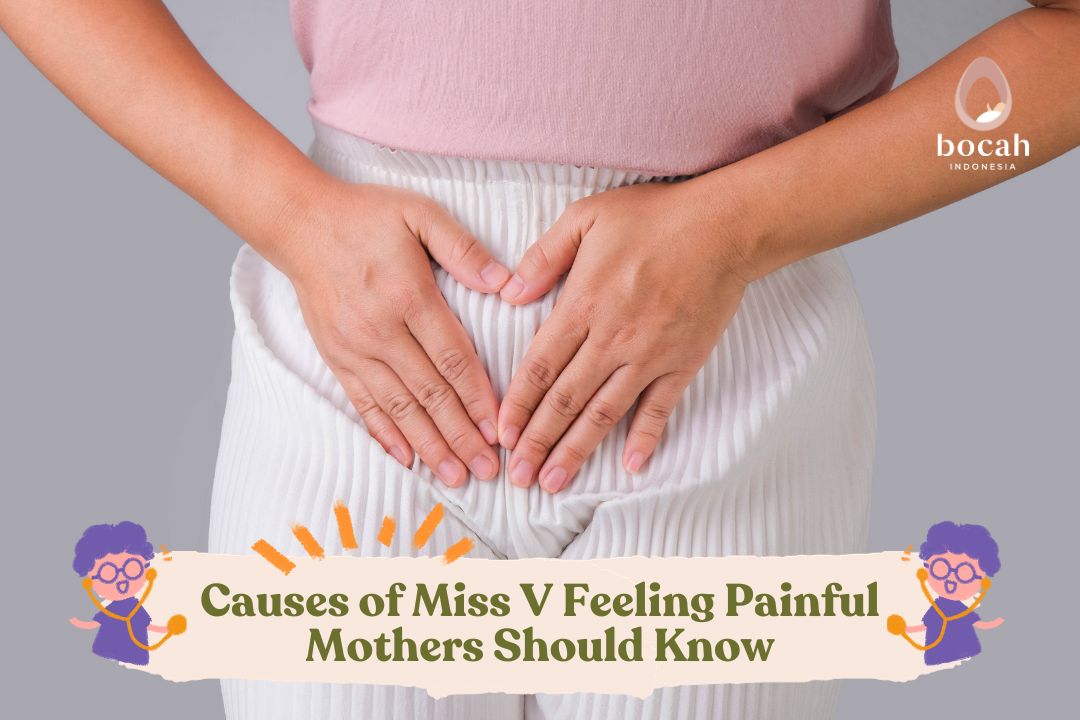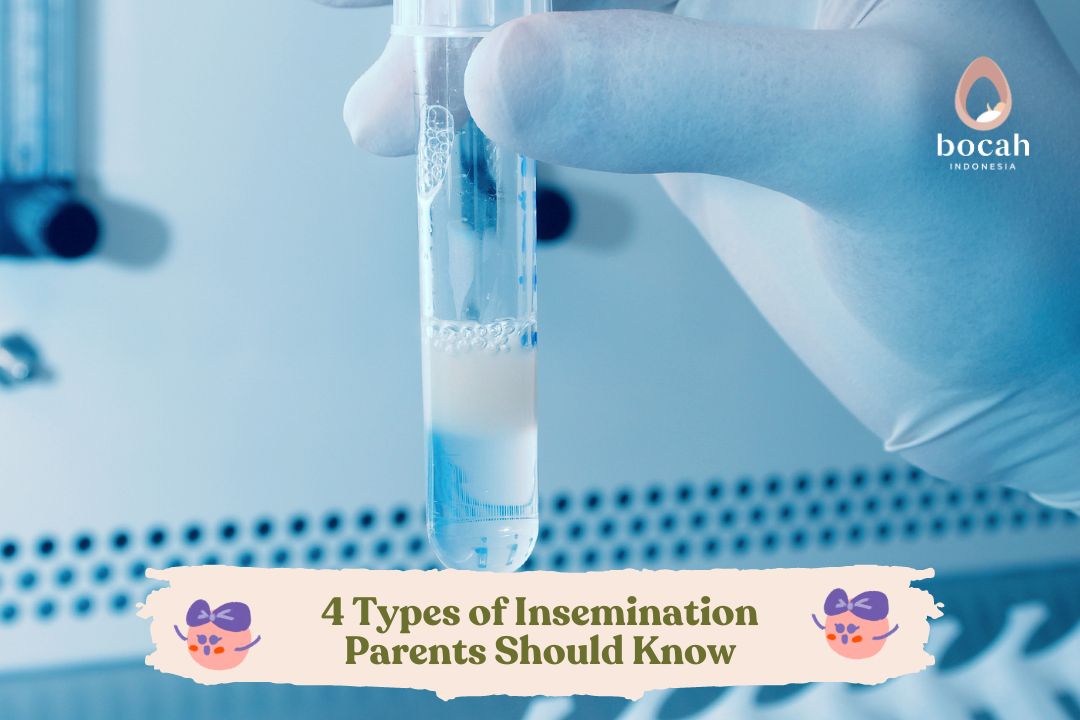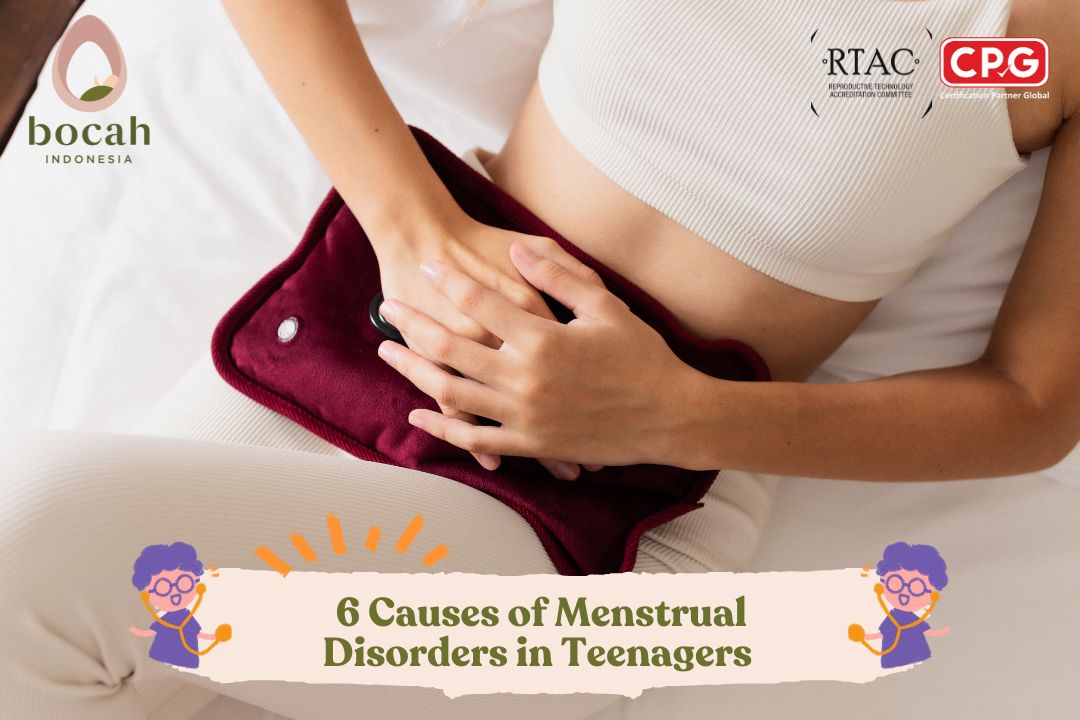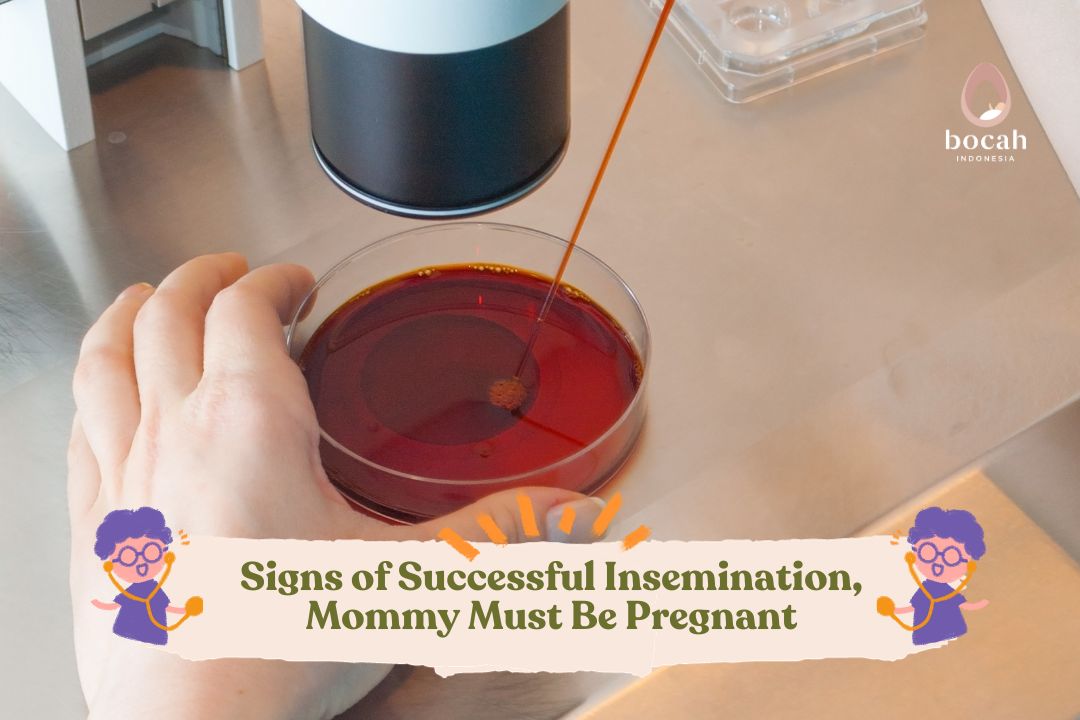7 Signs of PCOS Every Woman Should Know
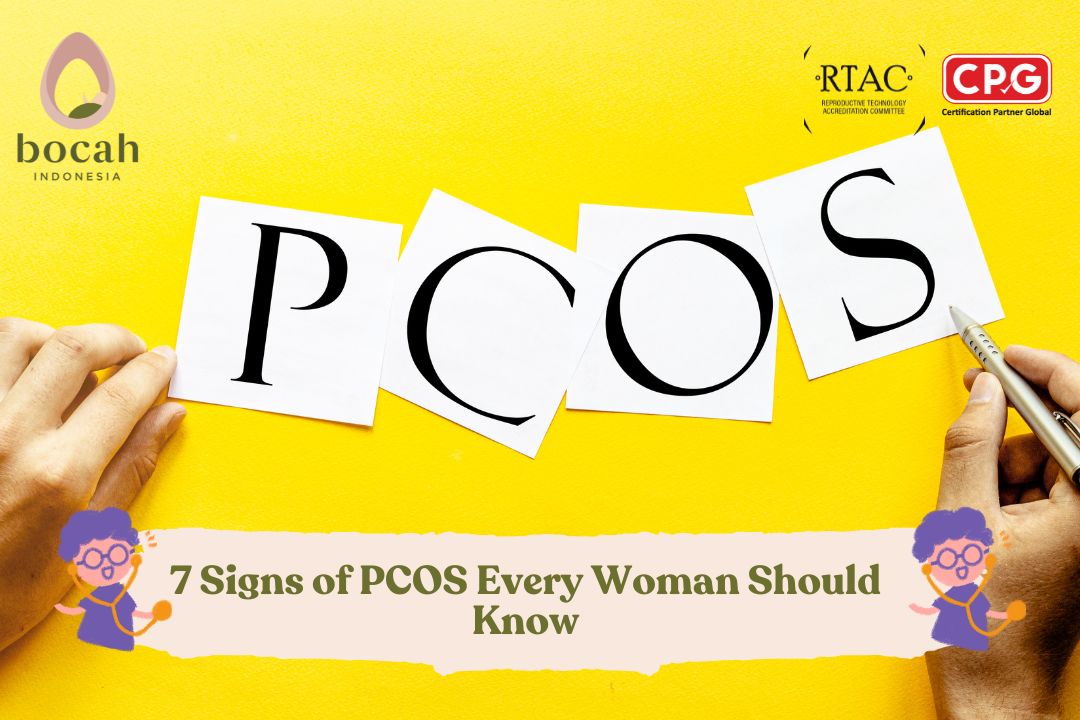
Have you ever experienced irregular menstrual cycles? Be cautious—it could be a sign of Polycystic Ovary Syndrome (PCOS).
Menstruation is a natural monthly response in a woman’s body during her reproductive years. While every woman’s cycle varies, a normal menstrual cycle typically ranges between 24–35 days.
Disruptions to this cycle can lead to irregular periods—either too early, too late, or completely absent. In some cases, women may go months without menstruating. This condition may indicate PCOS.
What Is PCOS?
Polycystic Ovary Syndrome (PCOS) is a hormonal disorder in women where the ovaries contain immature egg follicles filled with fluid that fail to develop properly.
In women with PCOS, the ovaries produce excessive levels of androgens—male hormones that are normally present in small amounts in females. This hormonal imbalance interferes with ovulation, preventing the proper release of mature eggs. As a result, the follicles become cysts, and the ovaries gradually fill with multiple small cysts.
Mulai Journey of Hope
PCOS is typically diagnosed when a woman meets at least two of the following criteria:
-
Irregular or absent ovulation (anovulation/oligomenorrhea)
-
Elevated androgen levels (hyperandrogenism)
-
Polycystic ovaries as seen on ultrasound
If left untreated, PCOS can lead to fertility issues.
Common Symptoms of PCOS
The symptoms of PCOS vary from mild to severe, and some women may not experience any symptoms at all until they struggle to conceive. Here are 7 common signs of PCOS to watch out for:
1. Irregular Periods
One of the hallmark symptoms of PCOS is an irregular menstrual cycle. Some women may only menstruate 3–4 times per year or even less. Be cautious if your cycles are longer than 35 days apart or occur fewer than 8 times annually.
2. Short or Heavy Menstrual Periods
While normal menstruation lasts about 4–7 days, PCOS-related periods may last only 2–3 days or, conversely, be unusually heavy.
3. Excessive Hair Growth (Hirsutism)
Elevated androgen levels can cause unwanted hair growth on the face, chest, back, or buttocks. This condition is known as hirsutism. Interestingly, it may also cause hair thinning or hair loss on the scalp, leading to baldness.
4. Persistent Acne
High androgen levels can increase oil production in the skin, leading to clogged pores and chronic acne—especially on the face, chest, and back. Unlike typical acne, PCOS-related acne tends to be more stubborn and harder to treat.
5. Weight Gain
Women with PCOS often experience significant weight gain or increased appetite due to insulin resistance. This makes it difficult to lose weight or maintain a healthy weight.
6. Dark Skin Patches (Acanthosis Nigricans)
High insulin levels can trigger androgen production and interfere with ovulation. One visible sign of insulin resistance is the appearance of darkened skin patches—commonly on the neck, underarms, breast folds, or groin.
7. Difficulty Getting Pregnant
Hormonal imbalances can disrupt egg development and ovulation. Without proper ovulation, it becomes harder for sperm to reach and fertilize the egg—leading to reduced fertility.
What Causes PCOS?
The exact cause of PCOS is still unknown, but several contributing factors have been identified:
1. Obesity or Excess Body Weight
Being overweight can disrupt normal ovulation, often due to sedentary lifestyle habits and metabolic syndrome—a major PCOS risk factor that impairs egg development.
2. Insulin Resistance
Insulin is a hormone produced by the pancreas to regulate blood sugar. In insulin resistance, the body produces more insulin, but its effectiveness decreases. This stimulates the ovaries to release more androgens, which then interfere with ovulation.
3. Genetic Factors
Women with a family history of PCOS (mother, sister, aunt, or grandmother) are at a higher risk. However, maintaining a healthy lifestyle may reduce this risk—even in genetically predisposed individuals.
How to Manage PCOS
Management of PCOS depends on factors such as age, symptom severity, and overall health. Here are several evidence-based strategies to manage PCOS effectively:
1. Maintain a Healthy Diet
Women with PCOS often have elevated insulin levels, which can lead to hyperinsulinemia. This condition triggers excessive androgen production from the ovaries.
-
Avoid high-sugar and refined carbohydrate foods.
-
Focus on high-protein, fiber-rich vegetables and fresh fruits.
2. Regular Exercise
Consistent physical activity helps control blood sugar, insulin, and cholesterol levels. Start with light-intensity exercises like walking or yoga, done regularly.
3. Take Nutritional Supplements (With Medical Advice)
Supplements like omega-3 fatty acids, B-complex vitamins, vitamin D, and selenium may help manage PCOS symptoms, though further research is needed. Always consult your doctor before use.
4. Improve Sleep Hygiene
Get 7–9 hours of quality sleep per night. Avoid eating high-fat meals before bedtime and establish a regular sleep schedule.
5. Medical Treatments
If untreated, PCOS can reduce fertility. Consult your doctor for options such as:
-
Metformin to improve insulin sensitivity
-
Ovulation stimulants like clomiphene citrate, aromatase inhibitors, or gonadotropin injections
Final Thoughts
PCOS is a complex hormonal disorder that affects many aspects of a woman’s health—from menstrual cycles to fertility. If you recognize any of the symptoms above, seek medical advice early for proper diagnosis and treatment.
Source:
-
Amuzescu, A. et al. (2024). Adult Female Acne: Recent Advances in Pathophysiology and Therapeutic Approaches. Cosmetics, 11(3), 74.
-
Gill, L. et al. (2023). Polycystic Ovary Syndrome and Obesity. J Women’s Health, 32(6): 723–731.
-
Cowan, S. et al. (2023). Lifestyle Management in PCOS – Beyond Diet and Physical Activity. BMC Endocr Disord, 23(1):14.
- Fasting While Trying to Conceive? Healthy Meal Ideas for the Entire Month - 04/03/2026
- 12 Foods to Help You Get Pregnant Faster - 03/03/2026
- 3 Juice Recipes for a Pregnancy Program - 26/02/2026


